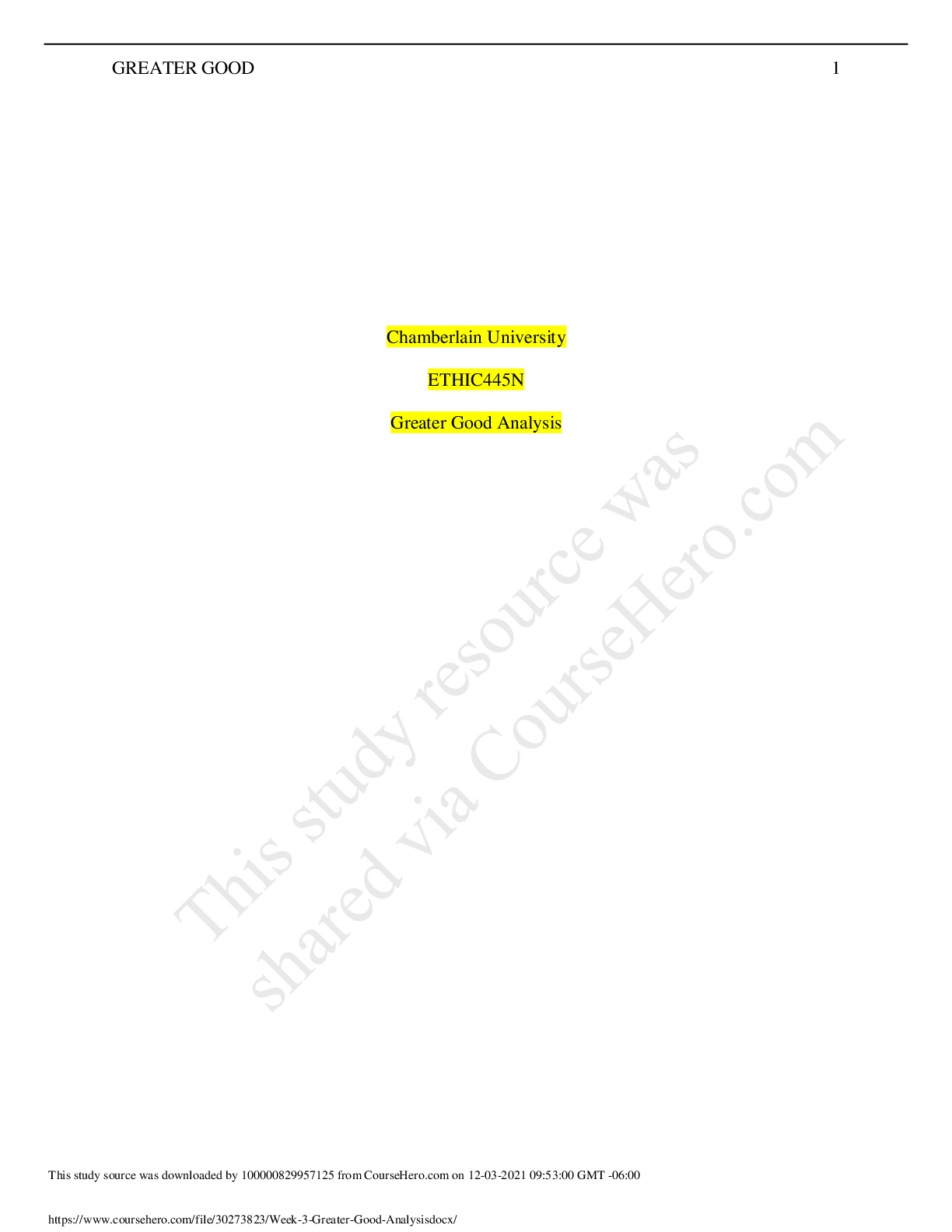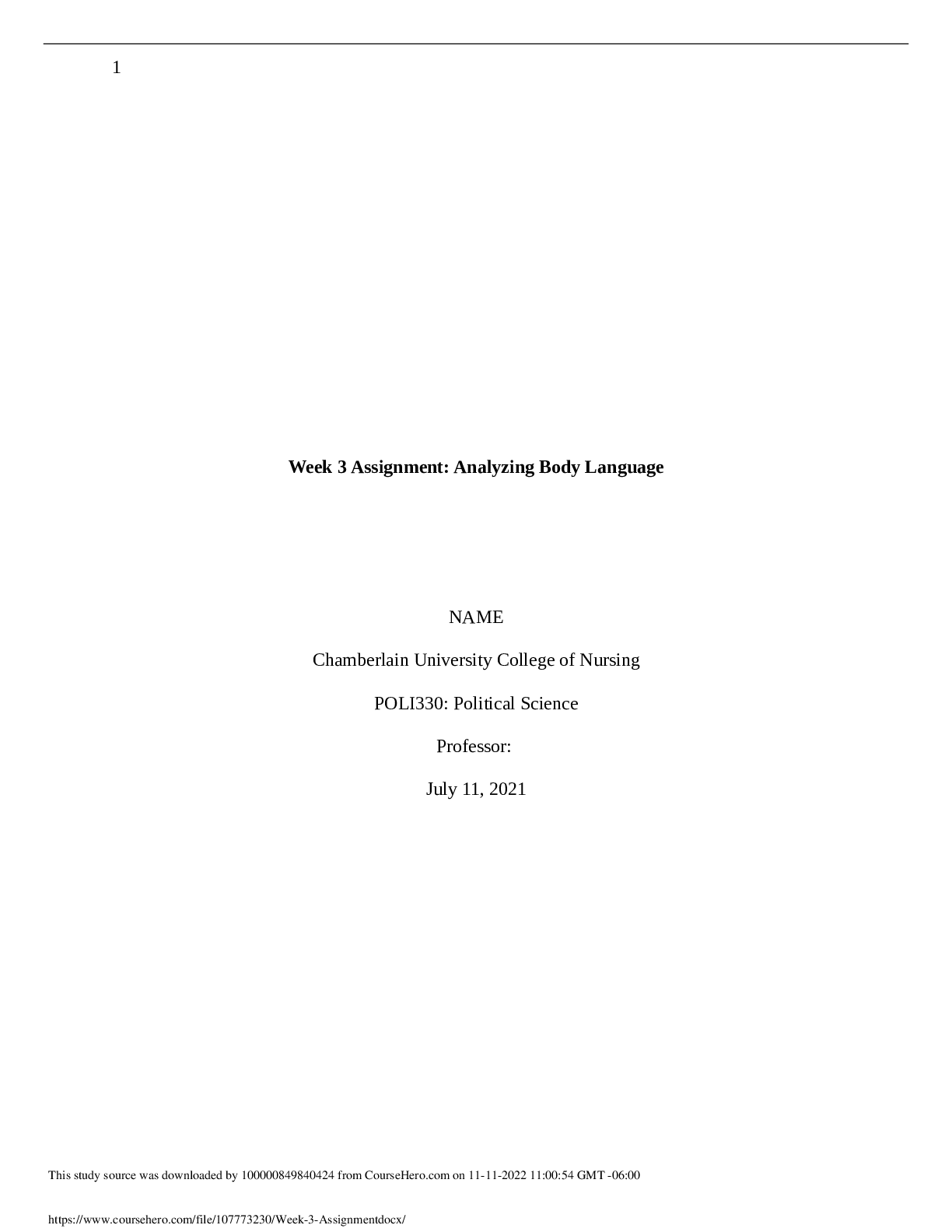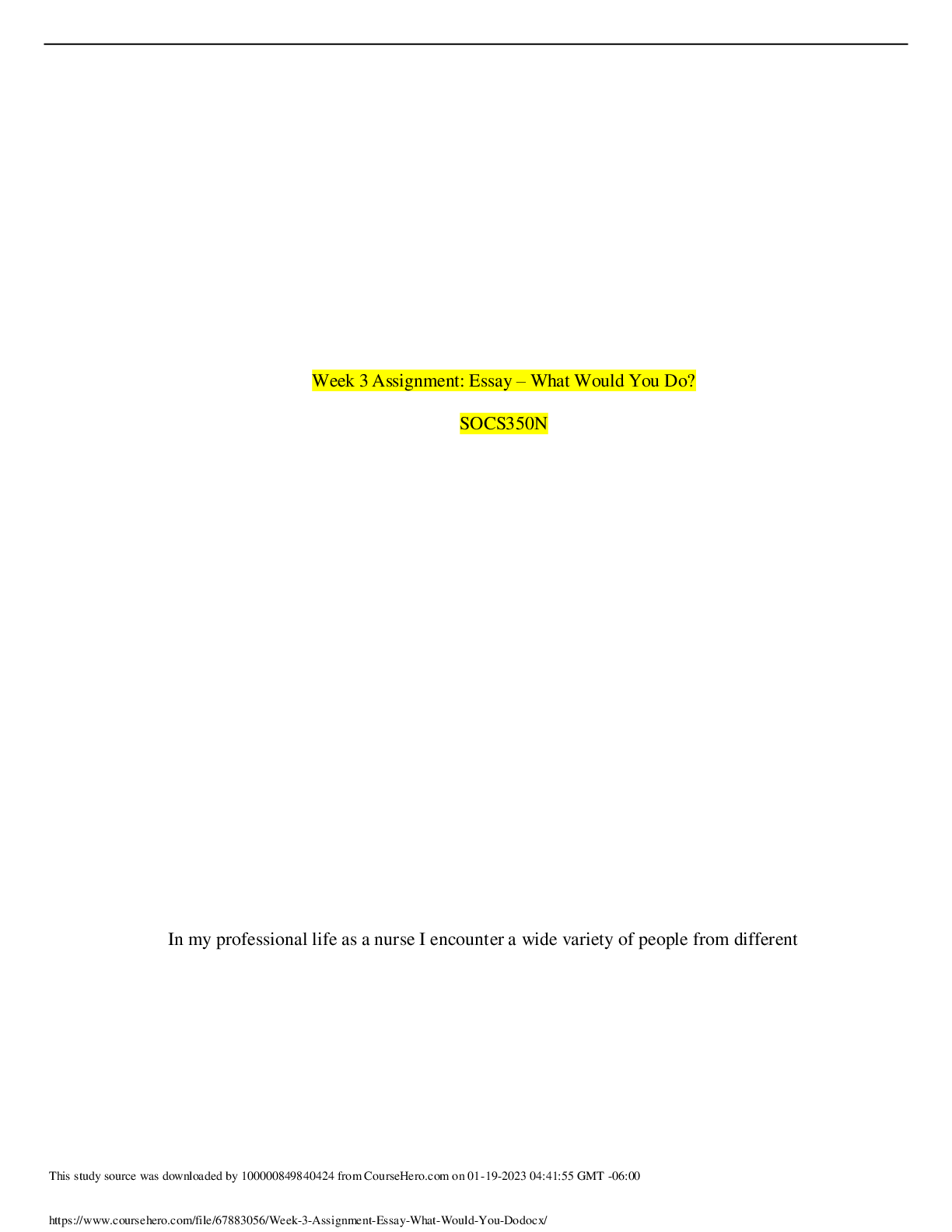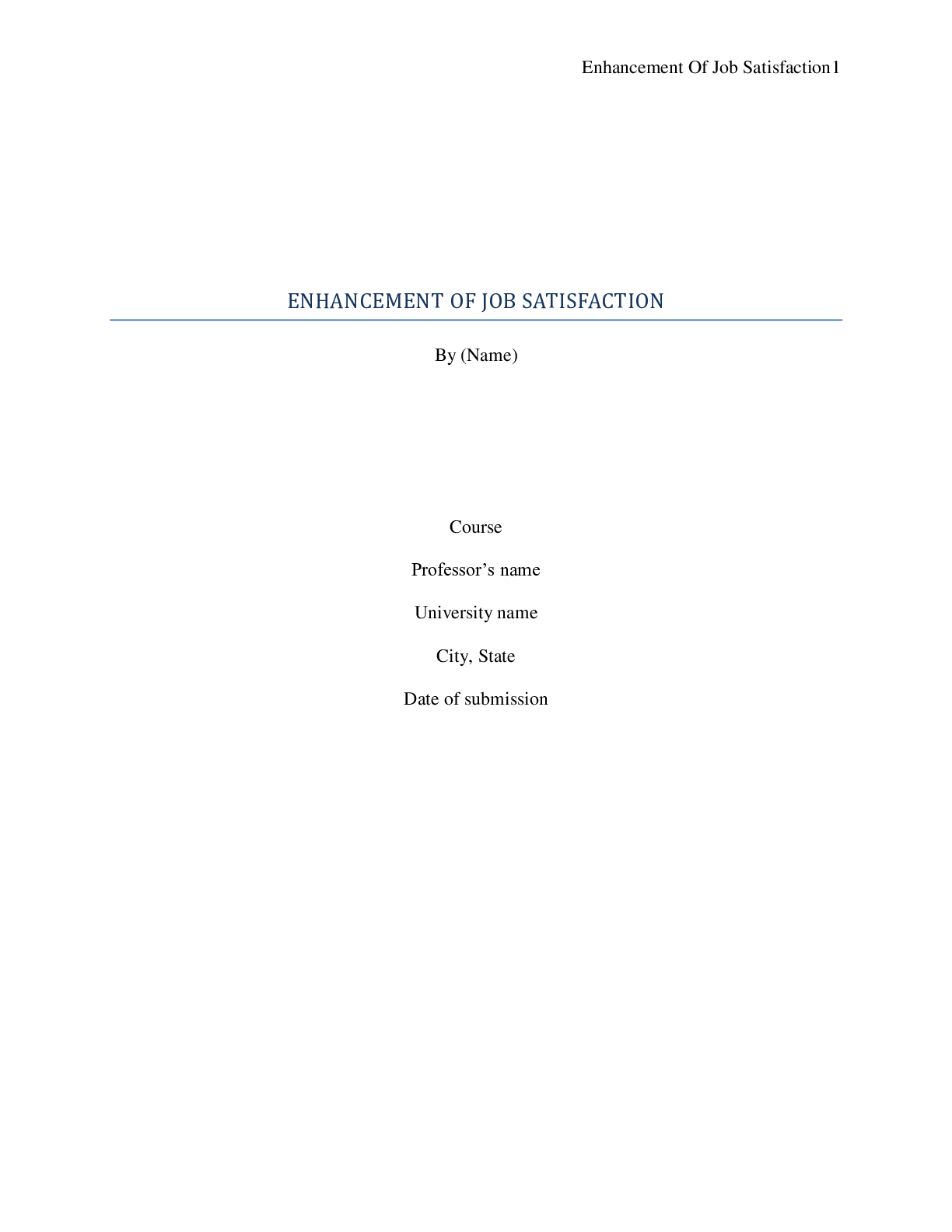History of Art > ESSAY > HUMN 303 Week 3 Assignment: Experiential Learning: The Tempest: Viewing and Reflection (All)
HUMN 303 Week 3 Assignment: Experiential Learning: The Tempest: Viewing and Reflection
Document Content and Description Below
HUMN 303 Week 3 Assignment: Experiential Learning: The Tempest: Viewing and Reflection • Identify the performance that you have selected. The performance I selected was The Tempest: Central Wa... shington Park. • Describe the staging, lighting, costumes, and characters of the performance. The play opens on a boat at sea with many individuals listening to music and dancing. The captain appears and makes an announcement that the storm is approaching. The setting was simple with limited props. There is a mast that gives you the visual that they are all on a boat but the location is not known. The lighting was limited, only shining on the individuals playing music and dancing then focusing on the Captain as he discusses the storm. When the storm arrives there is use of projections and flashing of lights and color to give you a clear impression of the weather conditions. In the background you see images of what looks like fairies appearing every now and then possible the reason why the boat is in such a storm possibly touching on the magical aspect of the story. Once on the island, again the staging is simple lightening only focusing on the actors that are currently speaking. This backdrop is utilized throughout the entire play and the only changes that are seen are the actors and small scenery changes. As the play progresses the fairies appear moving about the stage. Initially you wonder who they are and what their intent is, but as the play progresses it becomes clear as to what their part is. • How do these match or revise the written version of the play? I think the story line matches pretty well from the written version (excerpt from the tempest) that I read. I don’t think the costumes or the music match. As for the costumes, Prospero and Miranda’s had a Greek-Roman flair. Many of the other individuals that were on the island were not. I am not sure what exact era they were but it was not the 1600 nor Greek or Roman. To me it looked around the 1930’s and I am not sure how that intertwines with the play. As for the magical entities that floundered around the stage, they placed a magical look and feel. I am really unsure if this matched the original written version. • What type of mood and tone does the performance create? How? The mood and tone changes throughout the play as it progresses through the story. Initial there is fear and panic as the storm settles in. There is a magical or whimsical tone as you see Prospero plans to return his beloved Miranda to her rightful place. I also experienced a romantic mooed that was represented in the love that Miranda and Ferdinand had. I also experienced the tone of mystery and comedy. • What parts of the play are easier to understand through performance? What are some details that stood out through performance? I will be honest; I had a hard time following the play. I originally started with The Tempest: A Rock and Roll Space Odyssey but after the first five minutes I totally lost interest. I had a difficult time understanding what the actors were saying and portraying. I stopped watching and then decided to watch the Central Washington Park production. This was totally opposite of from what I saw in the Rock and Roll Space Odyssey. The set was simple and to the point. There were not a lot of details to the set which I think was good as you kept your attention on the actors and what they were saying. One scene that stood out to me was where Prospero is mixing a drink of some sort and then gives it to Miranda to drink which she then falls fast asleep after he touches her face and eyes. Also at the ended where Prospero asks the spirits to free Caliban and his companions of the spell that was cast on them. • What does the performance suggest about the role of theater in contemporary culture? Although I did have difficulty following the story, the performance did make it a bit easier. I think it may be easier to understand when it is acted out in a play. I do think that theater has a long history not only in American but in many other countries. It plays an important role form of entertainment. I do think that it assists in helping individuals understand different cultures and cultures. Sometimes theater is utilized to assist in expressing opinions about current events that are happening or have happened in the world. Plays are sometimes attempts to spread awareness about problems like racism, sexism, homophobia, and other types of persecution (Sanders, 2012). References: Sanders, B. 2012. Is theater important in our society? Retrieved from: http://briansanderstheatre.blogspot.com/ [Show More]
Last updated: 1 year ago
Preview 1 out of 3 pages
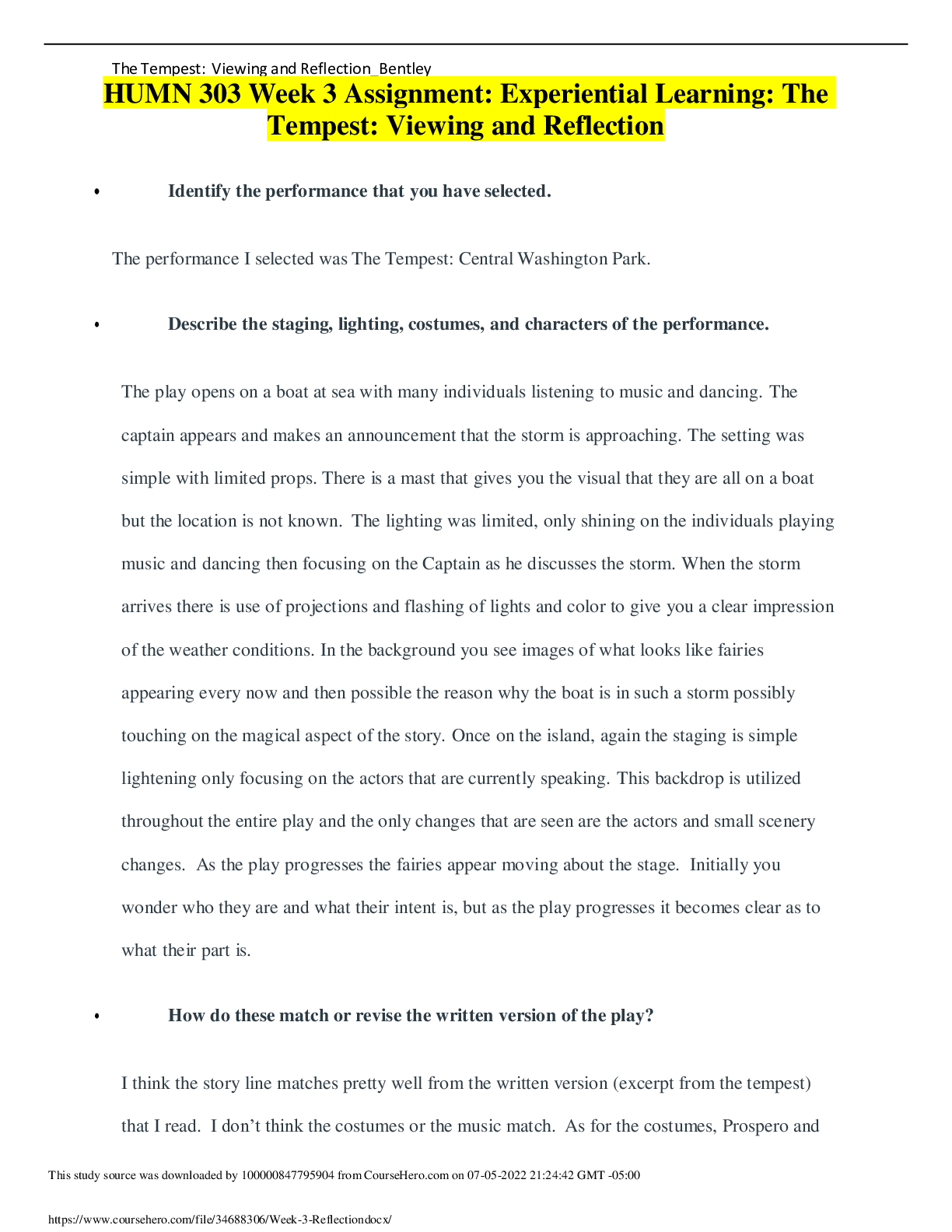
Reviews( 0 )
Document information
Connected school, study & course
About the document
Uploaded On
Jul 06, 2022
Number of pages
3
Written in
Additional information
This document has been written for:
Uploaded
Jul 06, 2022
Downloads
0
Views
66
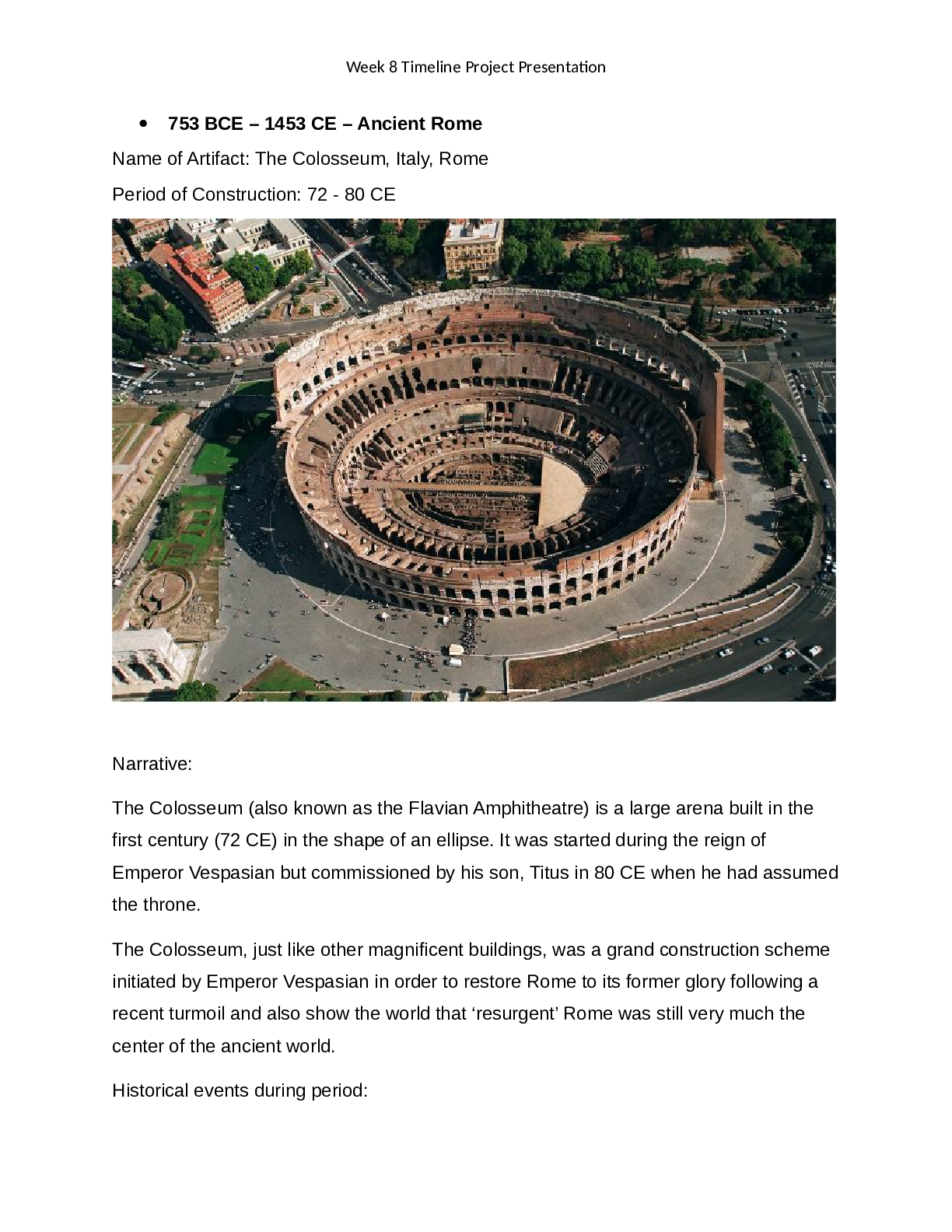

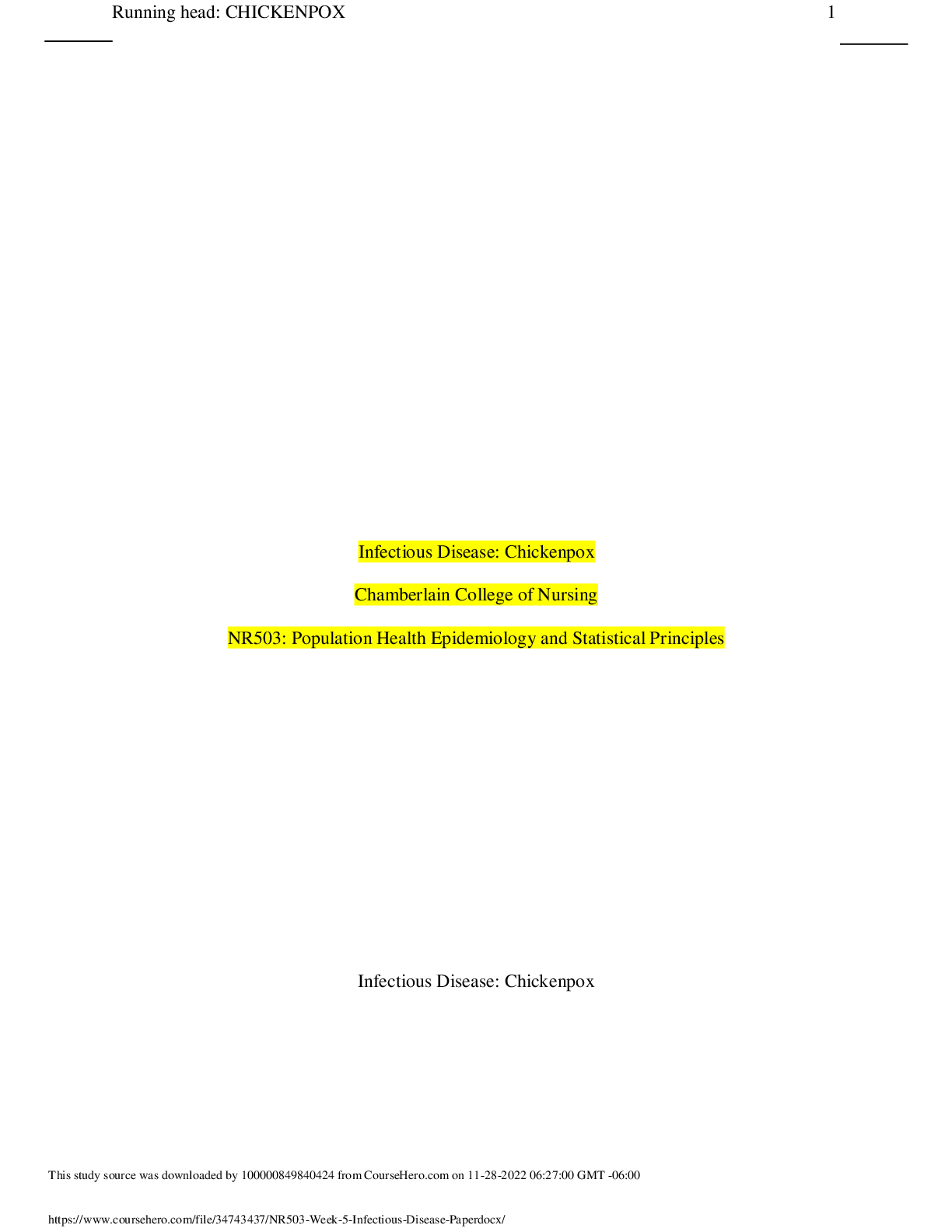
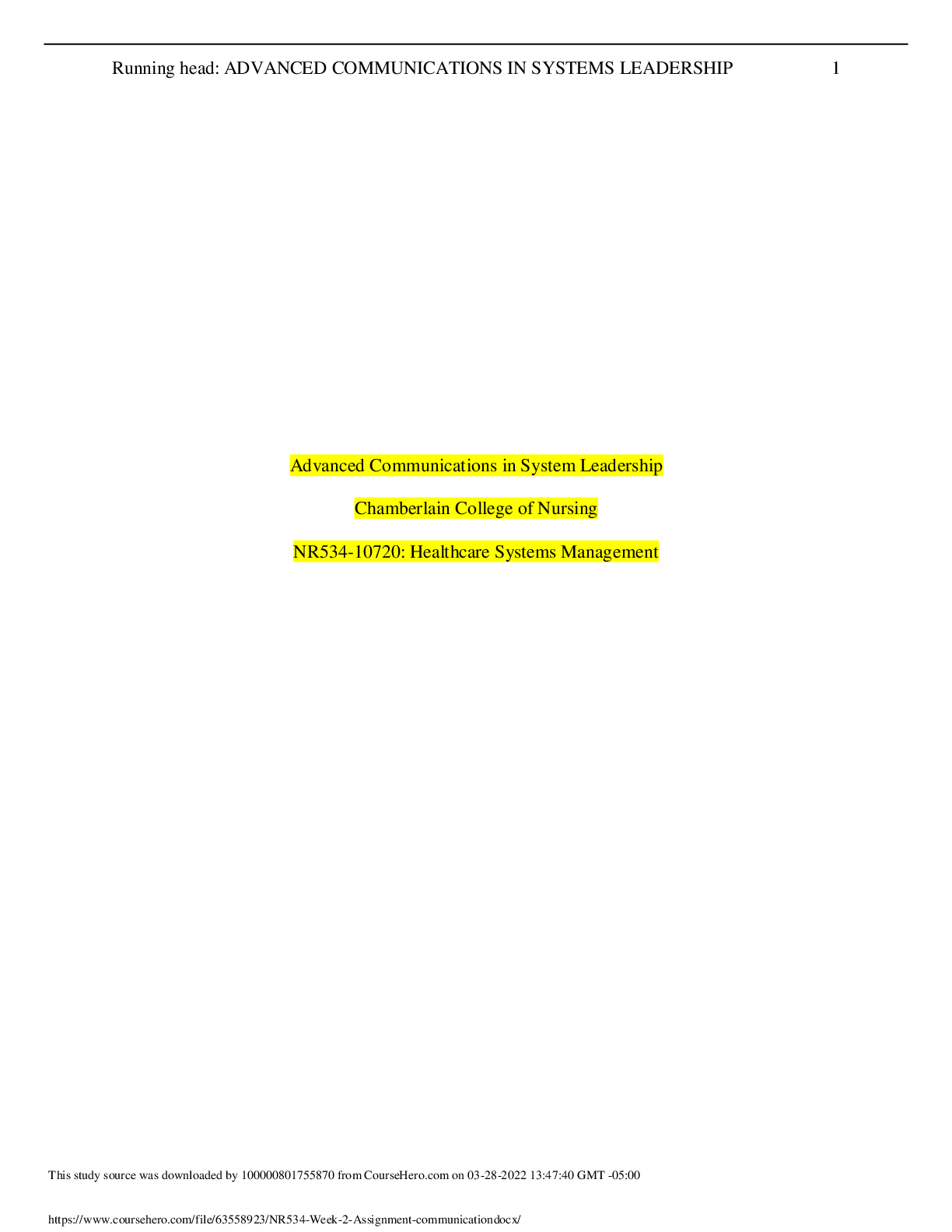

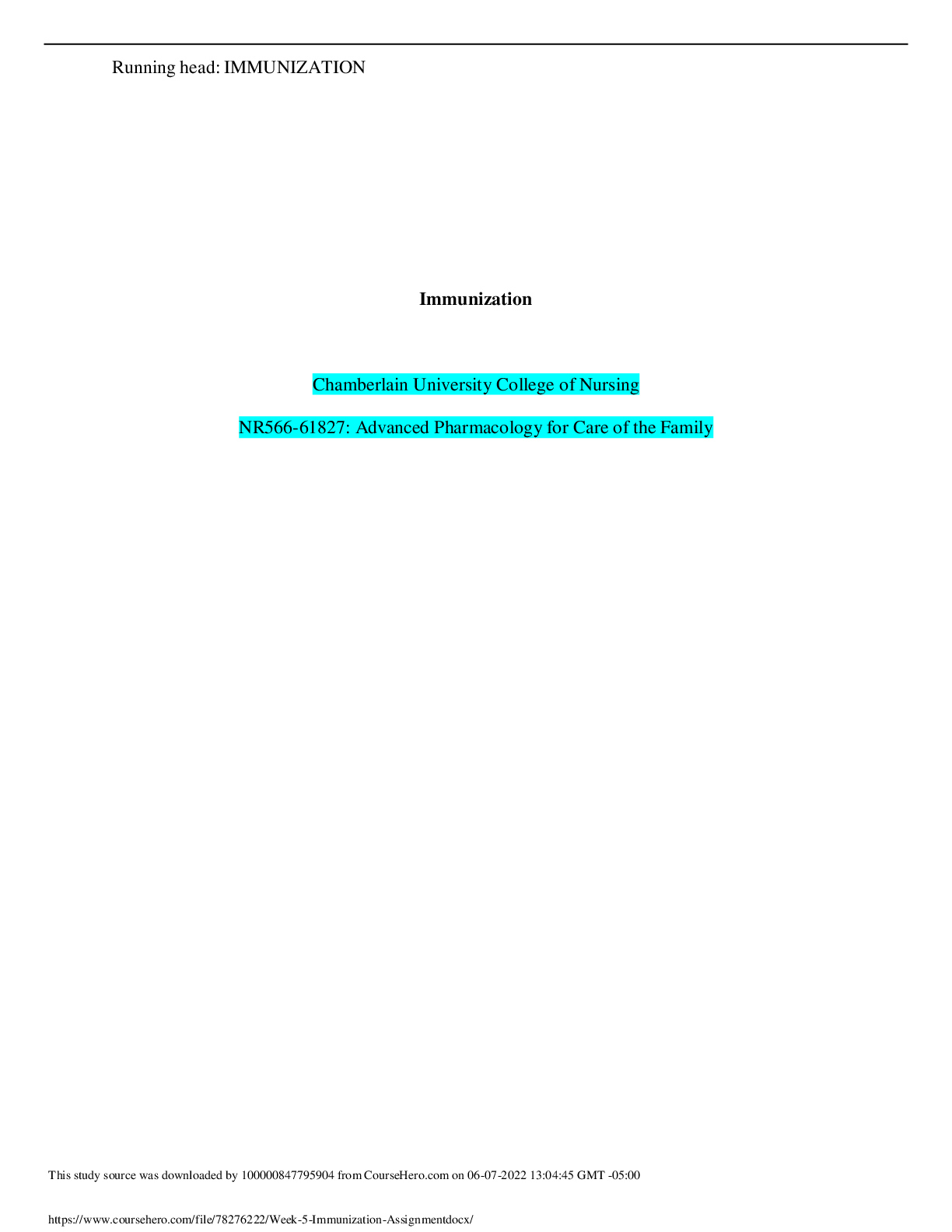


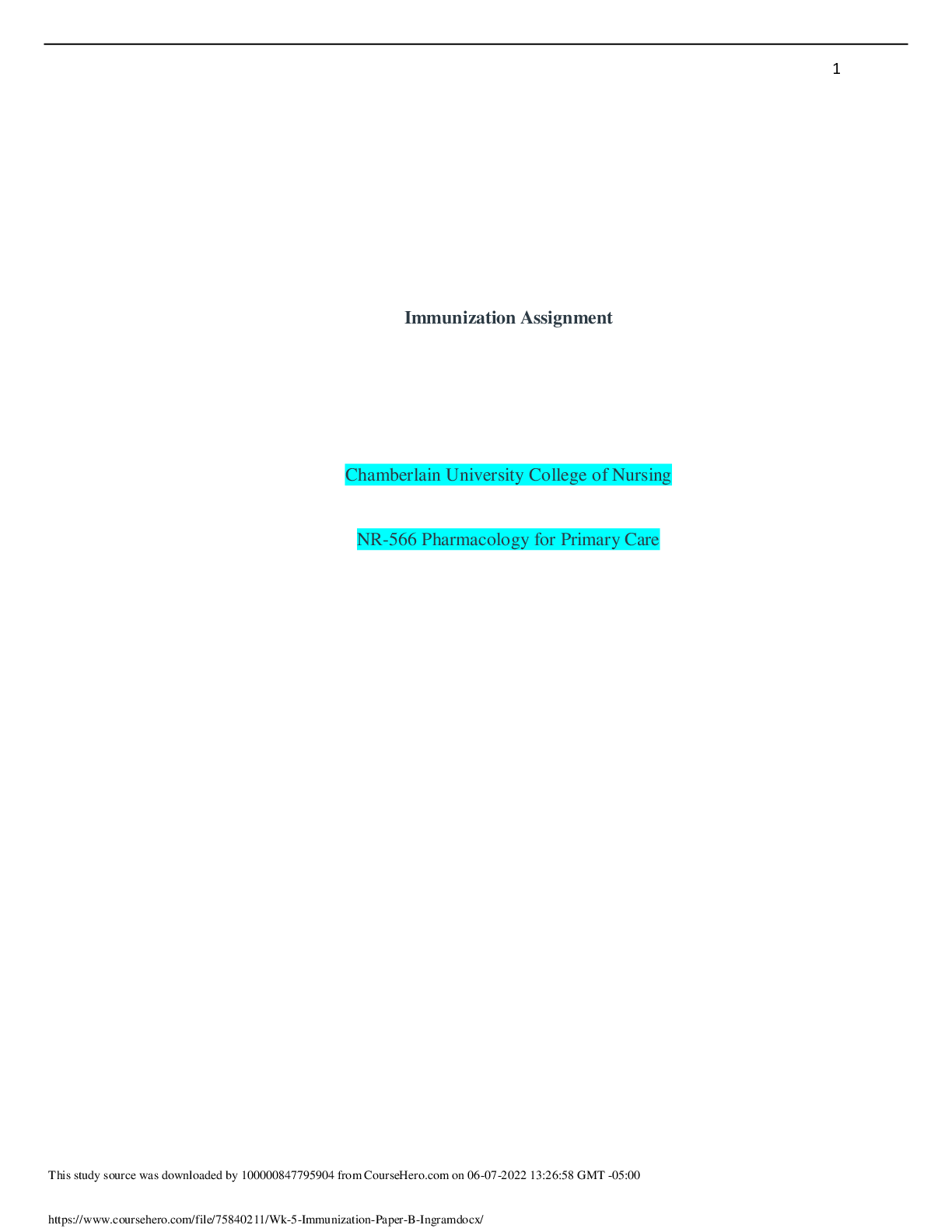

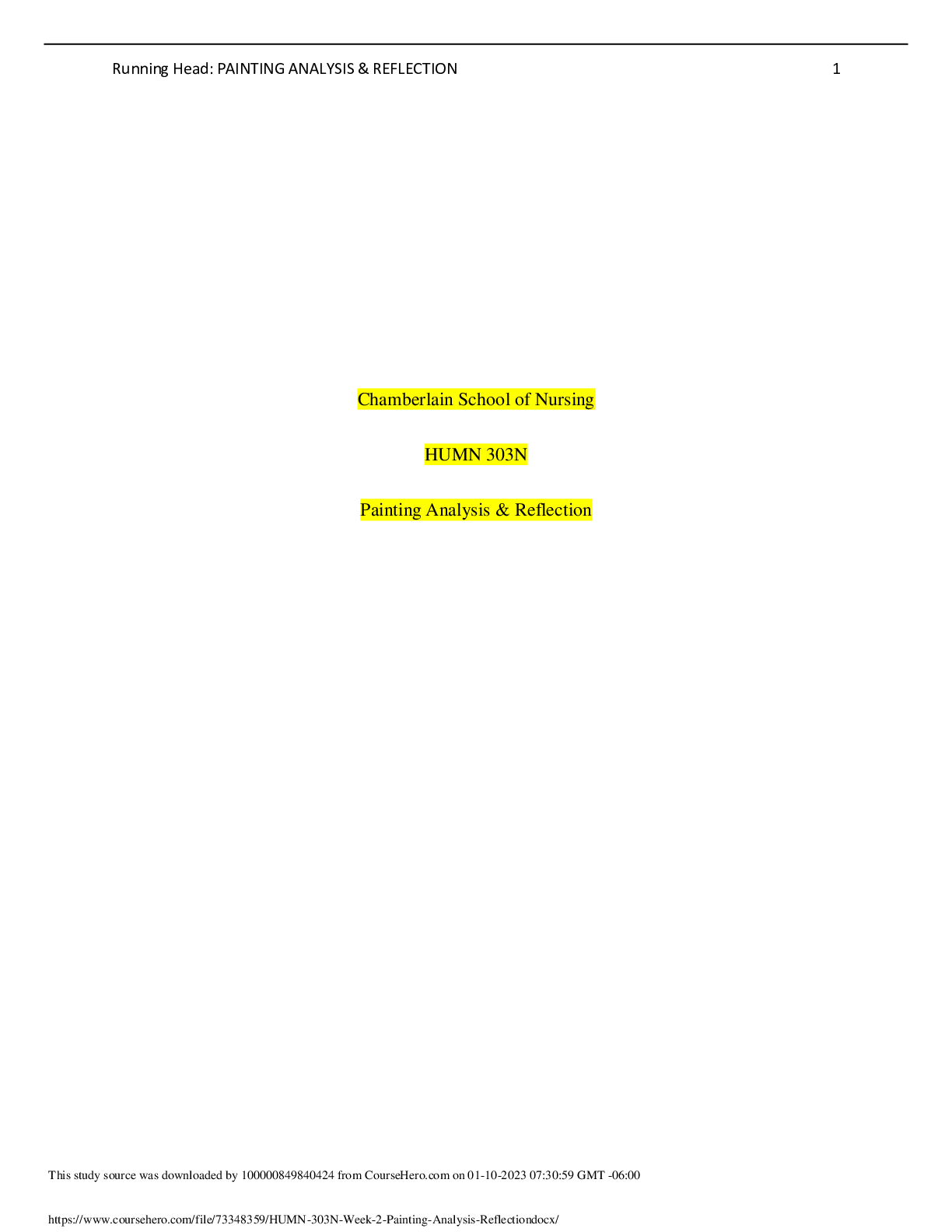

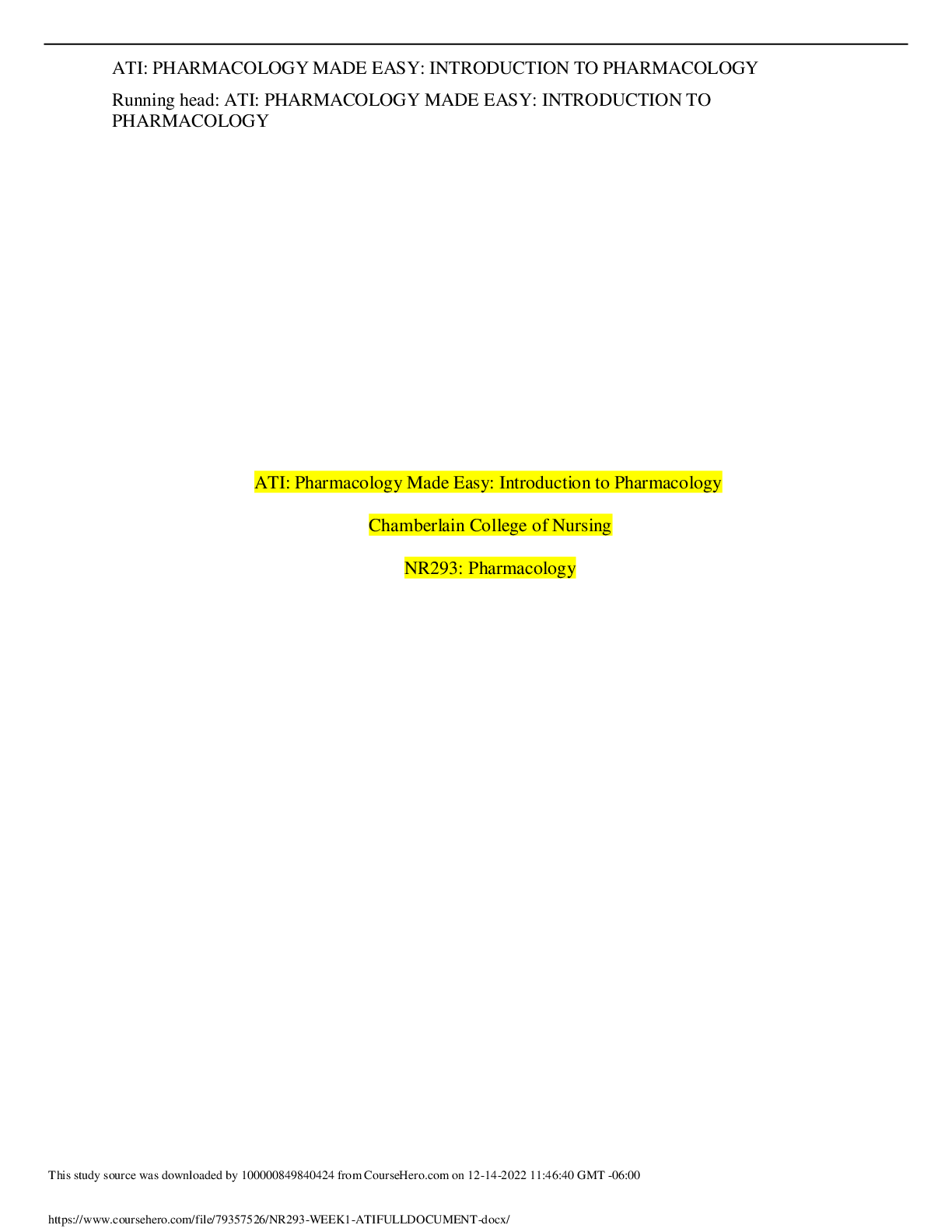

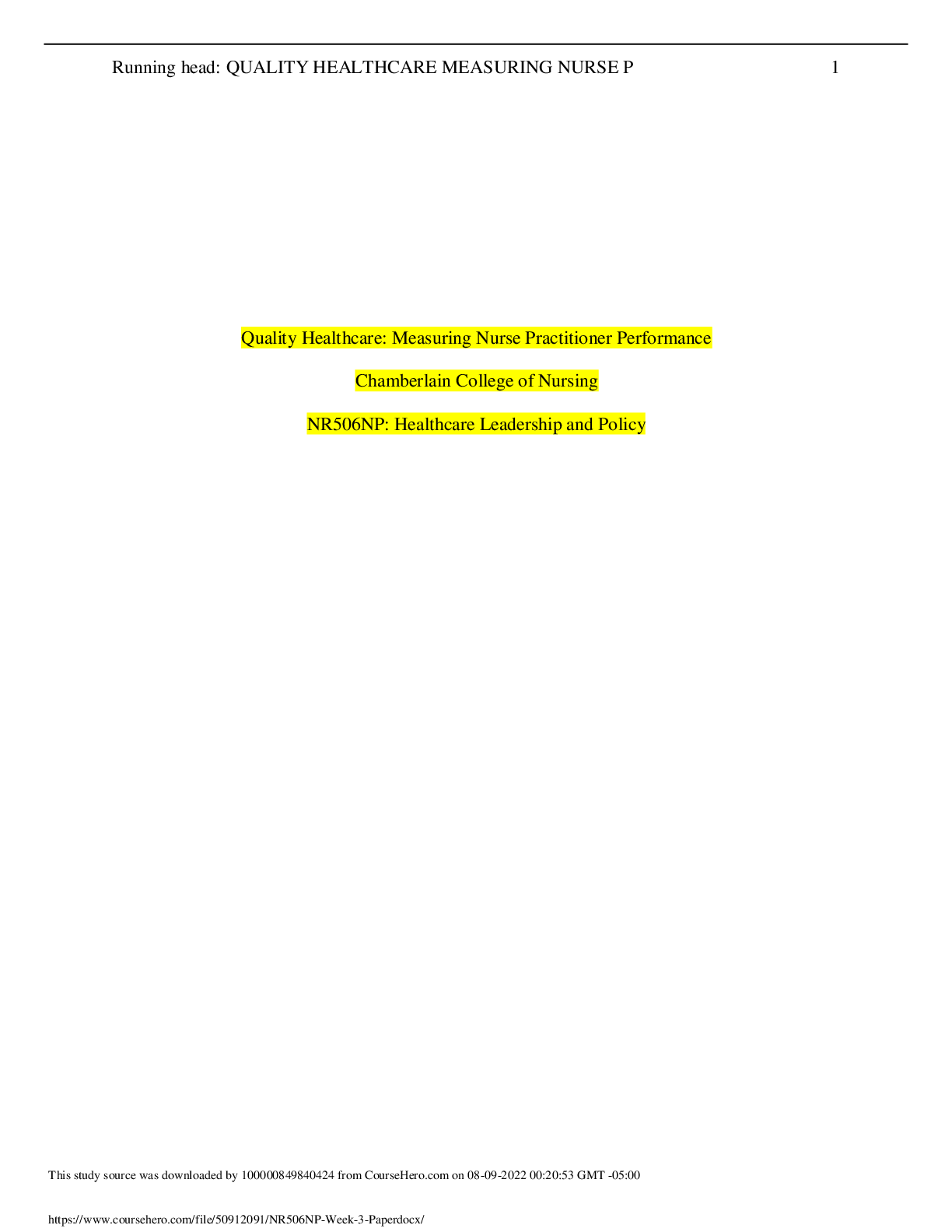



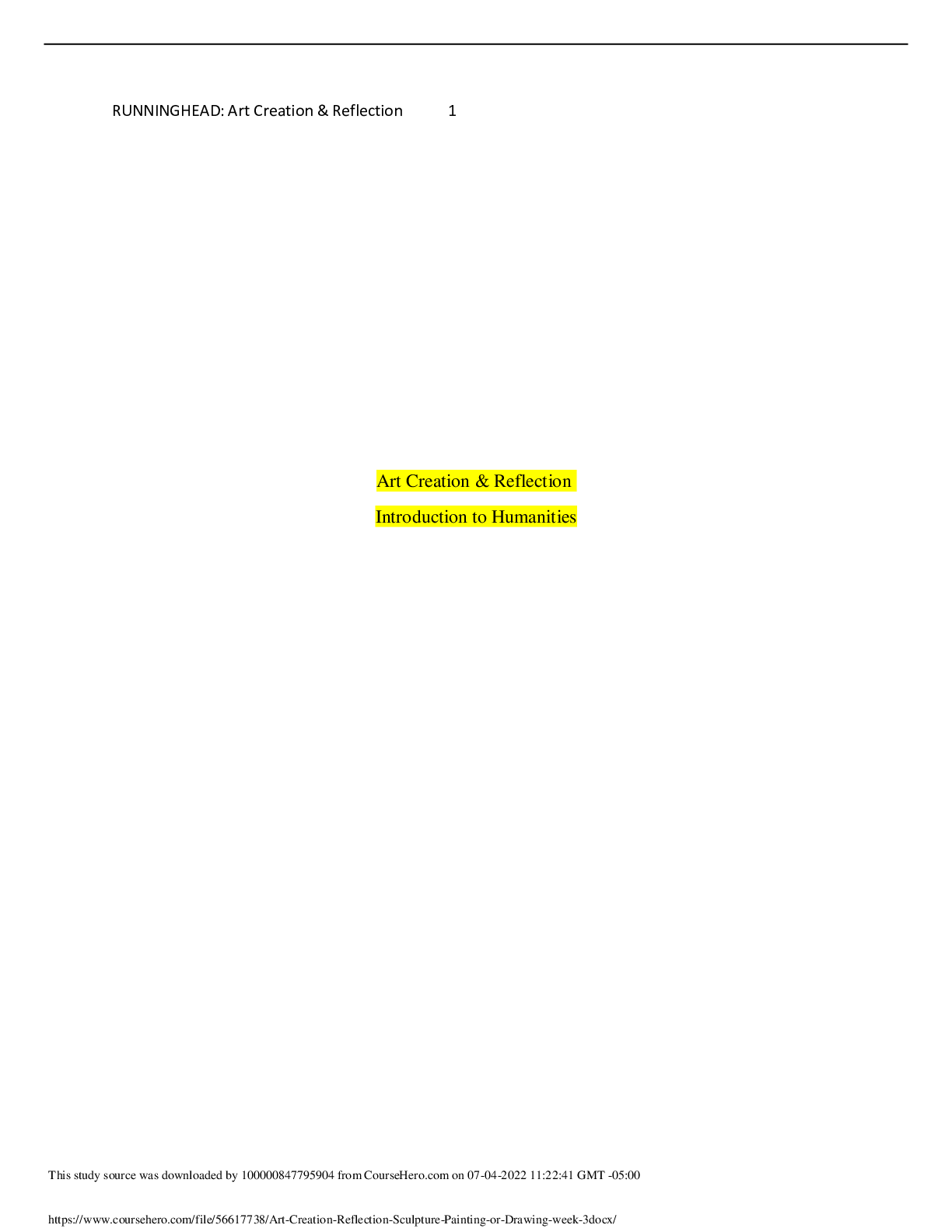

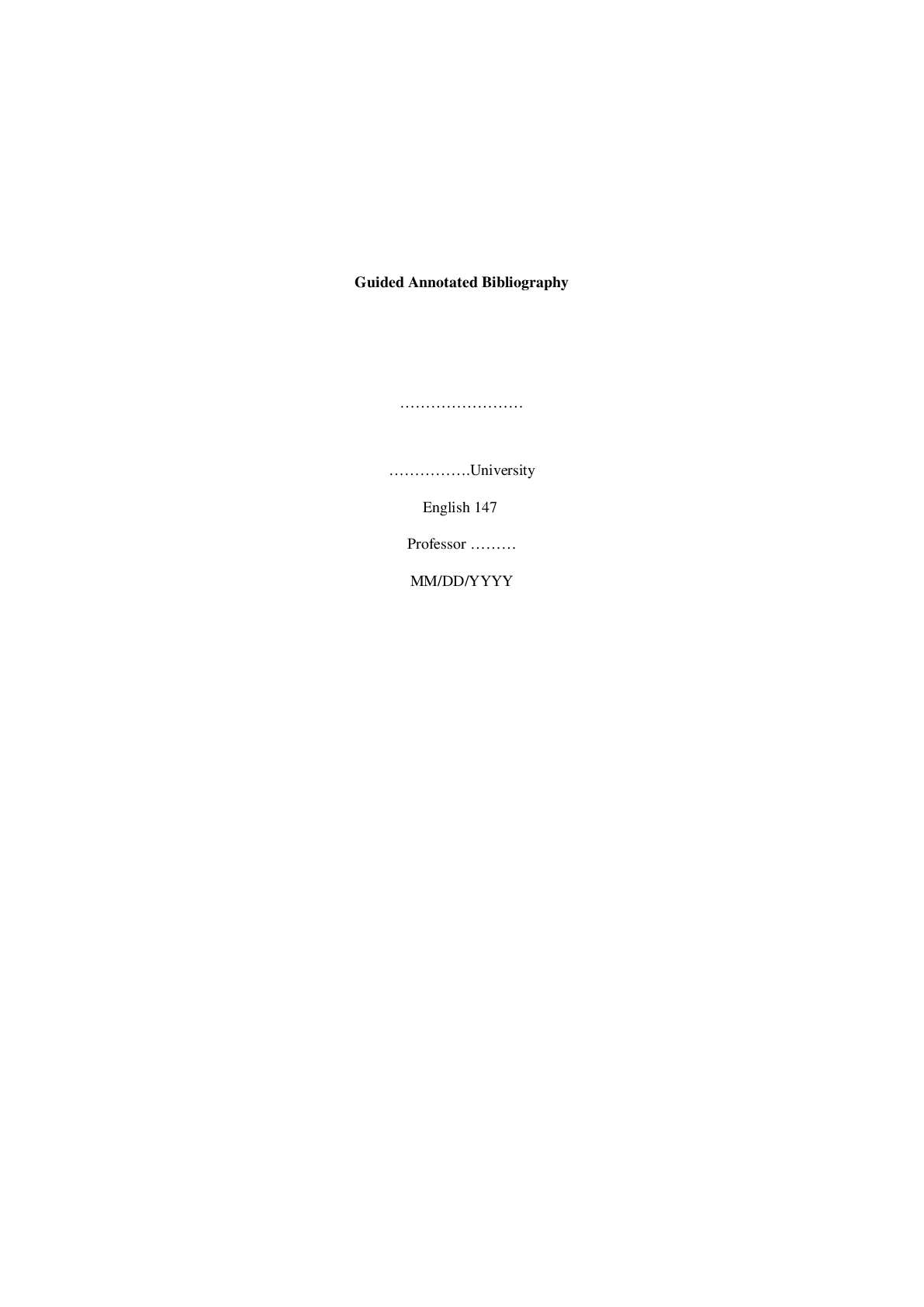
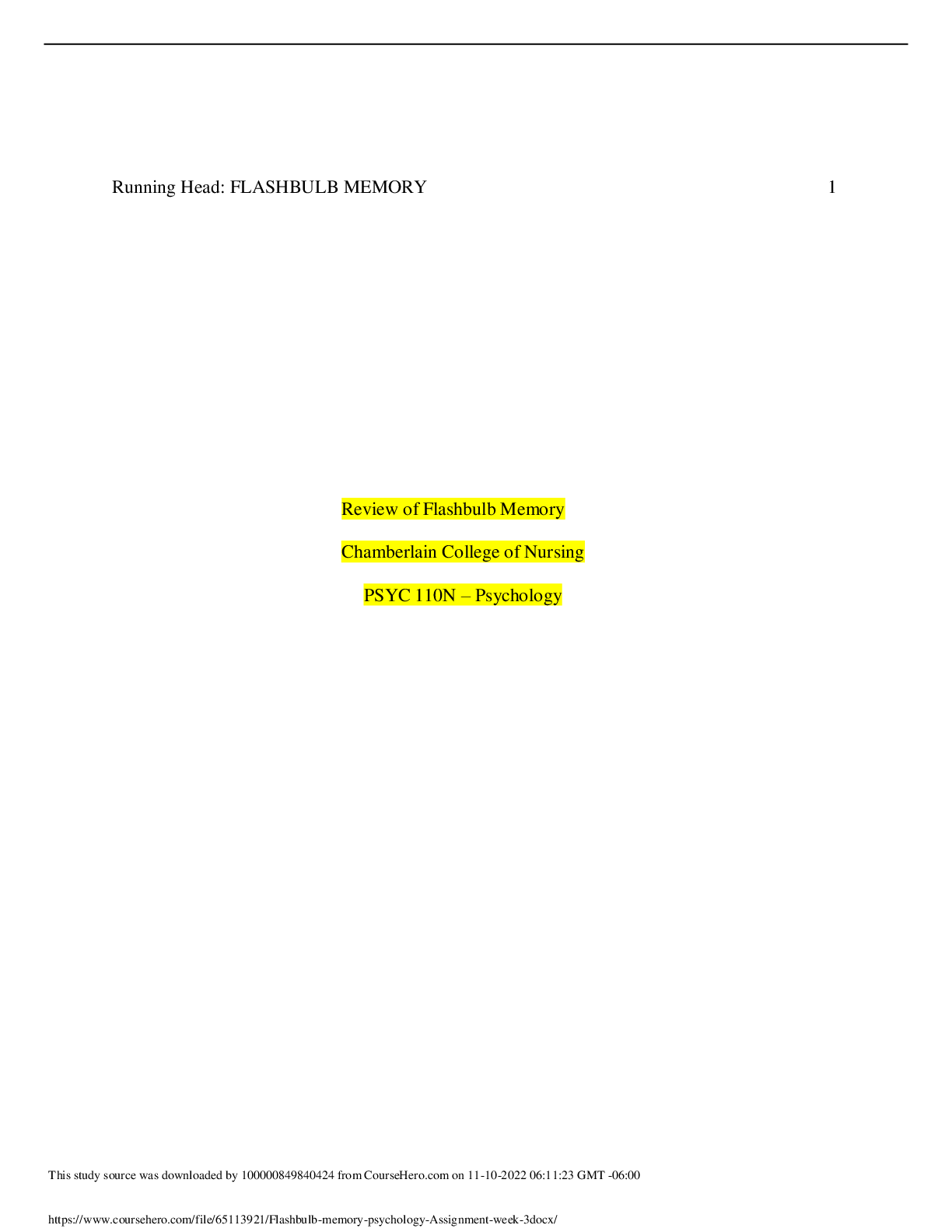


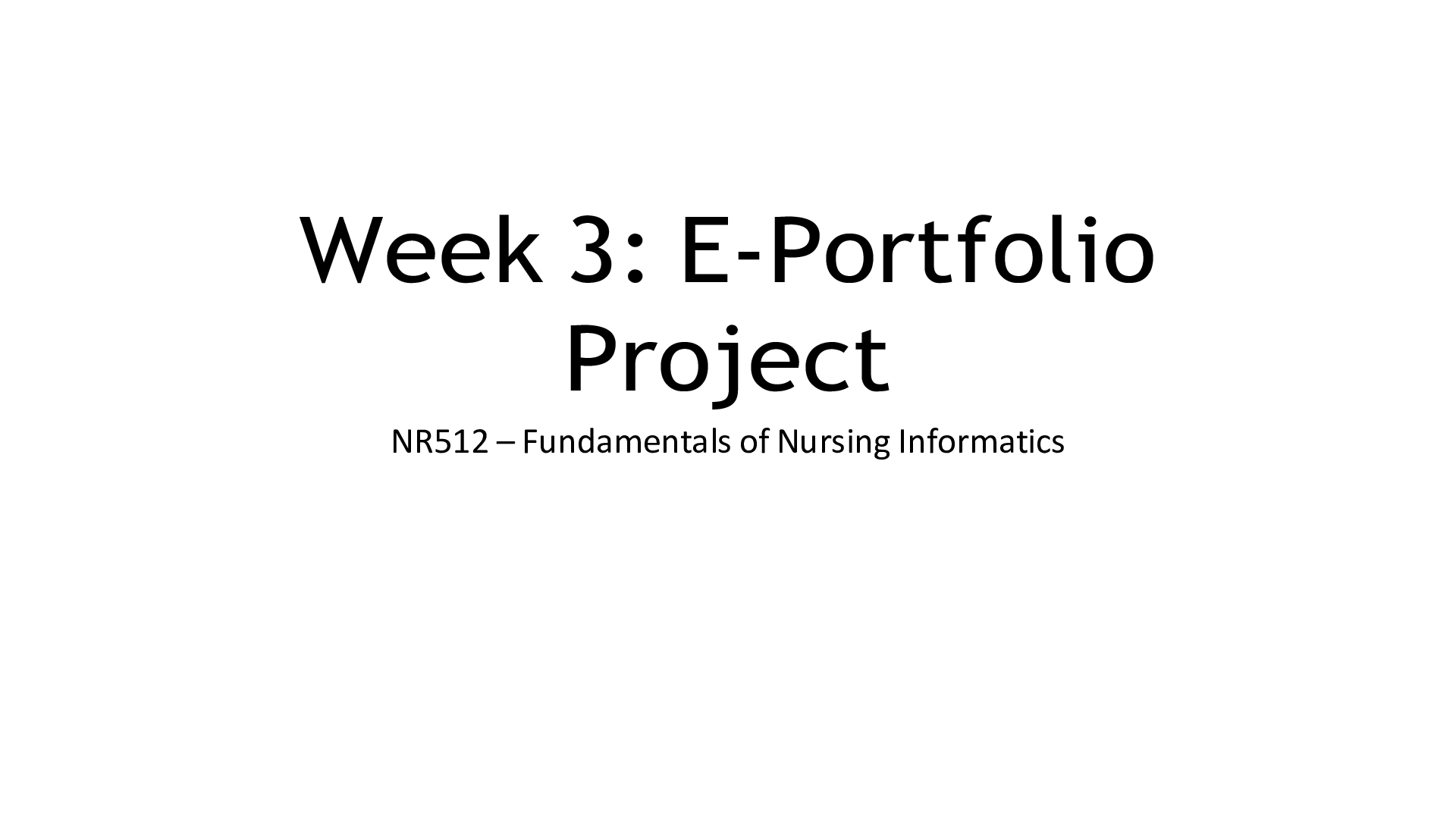

 (1).png)

